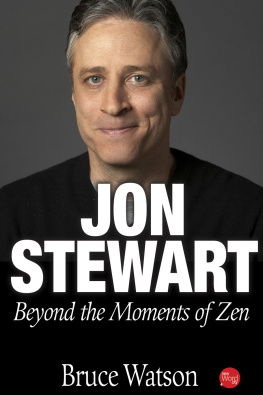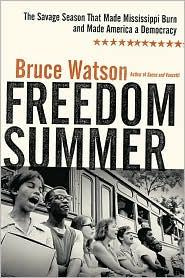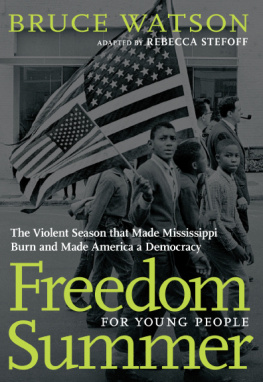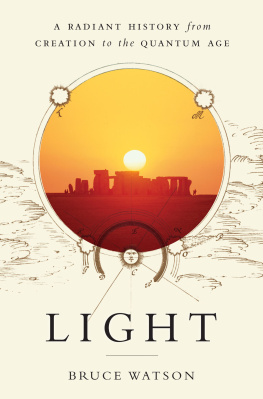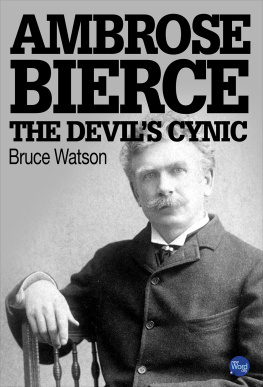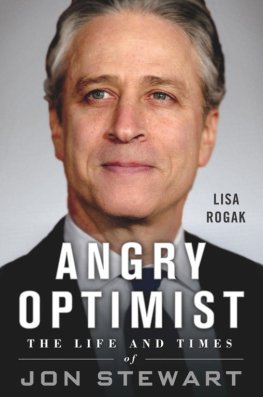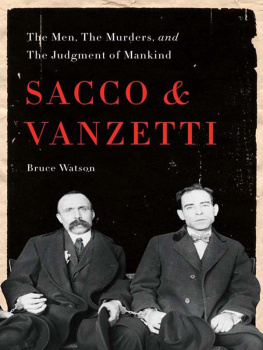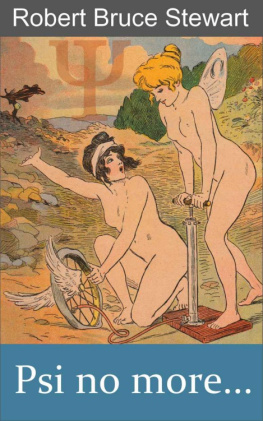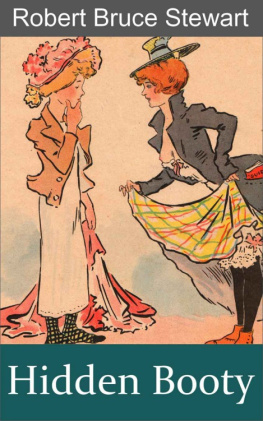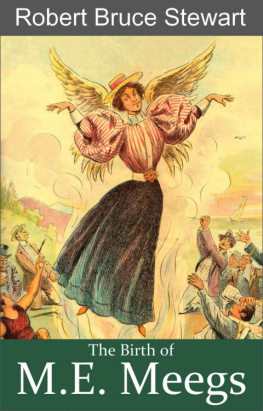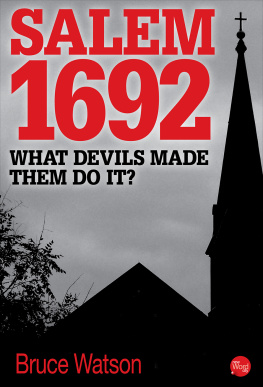CHAPTER 1
It was time for the comedian to get serious.
On a sunny October afternoon, three days before the 2010 mid-term elections, the National Mall in Washington, D.C., overflowed with ordinary Americans. Fathers in baseball caps bounced children on their shoulders. Mothers pushed strollers. College students danced to music floating above the crowd or posted photos on Facebook Me at The Rally! Behind the swarming crowds stood the Washington Monument and the brick castle of the Smithsonian Institution. Before them loomed the off-white dome of the United States Capitol. And standing on a stage cluttered with waving flags, speakers, and a Jumbotron, a small, unimposing man was left alone to sum up the day.
It had been a good week for Jon Stewart. Taping shows in the nations capital, Stewart had welcomed President Barack Obama to The Daily Show. Participants in an online survey at Askmen.com had named him the comedian, not the president the most influential man in America. Stewarts latest book, Earth: A Visitors Guide to the Human Race topped bestseller lists across the country. And his Rally to Restore Sanity, expanded by his fellow satirist Stephen Colbert into the Rally to Restore Sanity And/Or Fear had captured the imagination of a populace sick of all the name calling and bickering. Hundreds of thousands of people had pledged to attend the rally, and now here they were.
Fueled by Facebook and The Daily Show Global Edition, Stewarts rally had sparked interest around the world. More than five dozen copycat rallies were being held - everywhere from Tel Aviv to Melbourne to the base camp of Mount Everest. A columnist in Jerusalem wished the Middle East had a Jon Stewart to restore sanity or maybe introduce sanity. Then at almost 4:00 p.m. on October 30, after weeks of planning, media coverage, last minute scrambling, and two-hours of music and skits, Stewart stood alone before a horde of admirers.
On stage, he seemed so much slighter than he appears in more than a million living rooms each weeknight. Fans at the back of the throng, unable to see him, had to watch the nearest screen. He strode back and forth, clutching the microphone in his left hand, summoning the courage to get serious. He began by praising the musical acts and what some would classify as comedy. Across the mall, more than 200,000 faces looked up to him.
Twenty-some years earlier, Jon Stewart had been just another Jersey smart-ass. A little-known comedian at the height of the stand-up boom, he was working nightclubs in Greenwich Village. Like the majority of Americas funnymen since the heyday of vaudeville, Stewart was short, Jewish, and charmingly insecure. In the Village, he had a basic stand-up routine similar to those of the witty crowd with whom he shared stages. Some would break out of the pack, becoming famous in their own right, yet none of his fellow comedians and few comics in history would match Stewarts accolades, awards, and influence.
By the time he opened his Rally to Restore Sanity, Jon Stewart was no longer a mere comedian. In the dozen years since he had turned a modestly funny Daily Show into the acerbic and intelligent Daily Show with Jon Stewart, he had been labeled a comic genius (Montreal Gazette) seriously funny, (The Washington Post) and a cultural force (USA Today). NBC Nightly News anchor Brian Williams was even more effusive: I consider him a branch of government. From the small desk where he scribbles on papers at the beginning of every program, Stewart has guided The Daily Show to two Peabody Awards, sixteen Emmys, and a loyal following of millions who, night after night, thumb their noses at the mainstream media by getting most of their news from Jon Stewart.
So, as he asked his audience when he first announced his rally, how did we get here? How did a humble, affable New Jersey kid, with no background in theater or journalism and few pretensions about politics become the most trusted man in TV news (Rolling Stone)? How did he turn a fake news show into a respected program hosting real newsmakers - prime ministers, cabinet officers, members of Congress, and the presidents of Bolivia, Jordan, Liberia, Mexico, Pakistan, and even the United States? How did he bring the art of satire, never known for its broad appeal, into the daily lives of millions around the world? And why, despite his scathing criticism of politicians, pundits, and celebrities of all stripes, does everyone like Jon Stewart?
Stewart says precious little about his childhood, and what he does say is not particularly funny. Perhaps thats because he came of age in unfunny times. Just a month after the apocalyptic panic of the Cuban Missile Crisis on November 28, 1962, Jon Stuart Liebowitz was born in Lawrence Township, New Jersey. The small town (population 13,665) lay seven miles north of Trenton and just a few miles from where George Washington crossed the Delaware. His birthplace meant that he grew up in a stereotypical American town - proud of its history, a place some might call the real America. His birthdate meant that Stewart, who dropped his last name when he started doing stand-up, missed the famed satirists of the late fifties and early sixties. Too young to see Mort Sahl, Nichols and May, or Lenny Bruce, he grew up at a time when television sitcoms passed for comedy, when Laugh-In was the funniest show on television, and when only MAD Magazine and the National Lampoon rose to the level of satire.
In this vast comedic wasteland, Stewarts childhood bounced him from Lawrence Township to the industrial city of Trenton and back again. His father, Donald Liebowitz, was a physics professor and eventually energy coordinator for the New Jersey Department of the Treasury. He is said to hold ten patents, yet Stewart says little about him. Stewart was ten when his parents divorced. The split must have been painful some stories say Stewarts father left the family to run off with his secretary with whom he had two sons, Stewarts half-brothers. Stewart has never spoken about his father, either in interviews or on camera, and still does not speak to him. In this regard, he resembles a long line of comedians - from Charlie Chaplin to Eddie Murphy - who grieved for a father, divorced or deceased, through constant wise-cracking. For if brevity is the soul of wit, then sorrow is its heart, and the slight, articulate Jon Stuart Liebowitz was soon making friends and disarming enemies by joking about himself. He also enjoyed that other staple of budding comics - a loving mother who appreciated his humor. Frequent Daily Show viewers know that Stewart is proud to be his mothers son. After her divorce, Marian Liebowitz, a public school teacher who later became a nationally-known educational consultant, moved Jon and his older brother Larry to Trenton. In later years as a stand-up comic, Stewart joked about the hardscrabble city. Noting Trentons motto, Trenton Makes, the World Takes, Stewart asked, And do you know whats made in Trenton? Champale and condoms. So between me and those other two fine Trenton products, theres your Friday night.
By the time Stewart entered high school, the Liebowitz family was back in Lawrence Township. Teachers there remember Jonathan Liebowitz as bright, savvy, and something of a wise-ass. Bullied for being Jewish, he sharpened his wit into his first line of defense. They will find what is unique about you and destroy you for it, he said of his fellow students. So if youre Jewish and most people arent, Okay, lets go with that. But it just as easily could have been because I was short.
Few of his college classmates remember Stewart. It would take a future generation to venerate him there - in 2004, twenty years after his graduation, William and Mary awarded Stewart an honorary doctorate. Back in the early 1980s, he kept a low profile on campus. He played varsity soccer (ten goals, twelve assists), studied psychology, dated little, and drank much. I was miserable there, he recalled.

